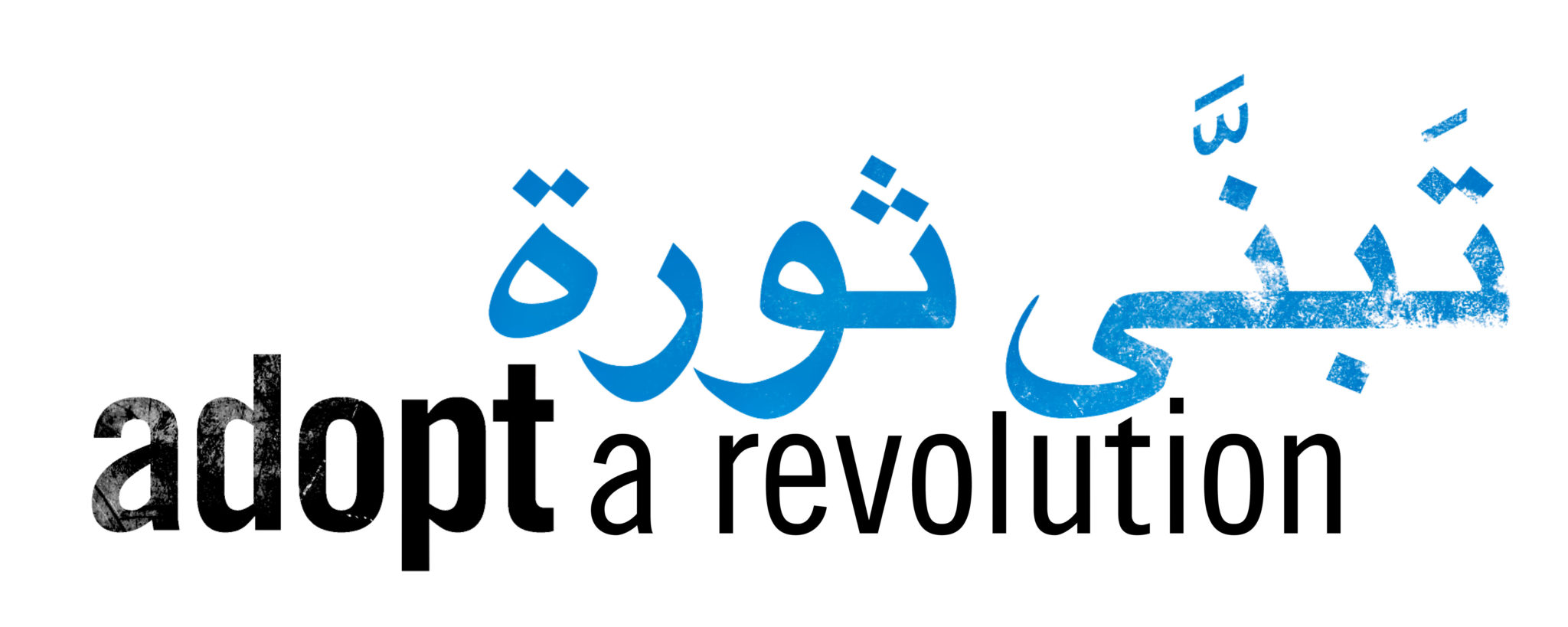As Al-Akhbar reports, Syrians will welcome the month of Ramadan with empty pockets since prices for daily items are rising, thus becoming unavailable for most. Announcements of the government to control the prices did not ease the anger of the people. Some Syrians sought to undertake boycotts of merchants. On the other hand, they were criticized by other Syrians who pointed out that Syrians themselves have been boycotted by these products as they cannot afford them anyway anymore.
At the beginning of Ramadan, Syrian rebels also offer the regime a truce as is reported by “The Independent”. Head of the Syrian National Coalition, Ahmed Jarba offered this truce in an interview as the situation in Homs worsens. Initially taken over by rebel forces, the Syrian regime had been propped up by support from Hisbollah and Iran. However, there seems to be little hope that Assad is willing to accept a cease-fire during Ramadan.
In contrast to the dramatic situation in Homs, people in Damascus try to cope with the situation in a normal way. As Maha Zarakat reports in Al-Akhbar, the residents of Damascus acquaint themselves with the “military geography of any given area, so that they begin to discern which front is active at any given time.” Consequently, people do business as usual and the cafés in the Christian quarter of Bab Touma remain full and busy.
According to “the Guardian”, Israel has apparently targeted anti-ship cruise missiles made in Russia. Officially Israel claims it is not involved in the ongoing Syrian crisis. Yet, there has been known 4 airstrikes until now. The weapons Russia had delivered to Syria would make any no-fly-zone impossible.
David Kenner explains in foreign policy how the recent political situation in Egypt is affecting the 70.000 Syrian refugees inside Egypt. Previous to the revolts against president Mursi, Egypt welcomed Syrian refugees who were not in need of a visa. According to recent regulations which are fueled by fear that Syrians could support Mursi Syrians need a visa to enter Egypt. According to the UNHCR in Cairo, this means that it will be very difficult for Syrians to enter Egypt from now on. As anti-Mursi voices warn Syrians not to take part in any of Egyptian activities, officials who work with the refugee community draw another picture. Accordingly, the majority of Syrians remains neutral and does not take any stance in Egyptian internal affairs.
Finally, SyriaFreedomForEver reiterates its position regarding the downfall of the regime by nonviolent means. Thereby, they point to the fact that despite the military developments in Syria, civilian resistance is still taking place. Heavily criticizing the National Coalition for its western affiliation, they reinforce their struggle not only against the regime but also against “reactionary forces”. In their detailed account, they finally point to the numerous civilian activities which should not be forgotten in the “revolution of dignity” and their solidarity with other people, especially in Palestine and Iran for whom they wrote a graffiti which says: “The green path will cross from Damascus to Tehran, toppling all tyrants. The path of humanity and love from the free Syrian people.”

